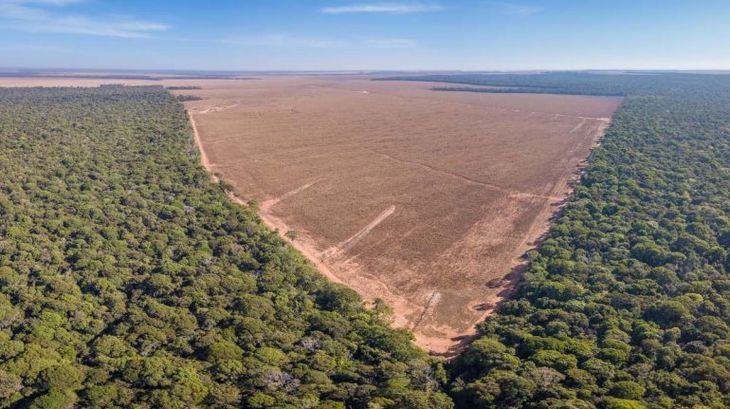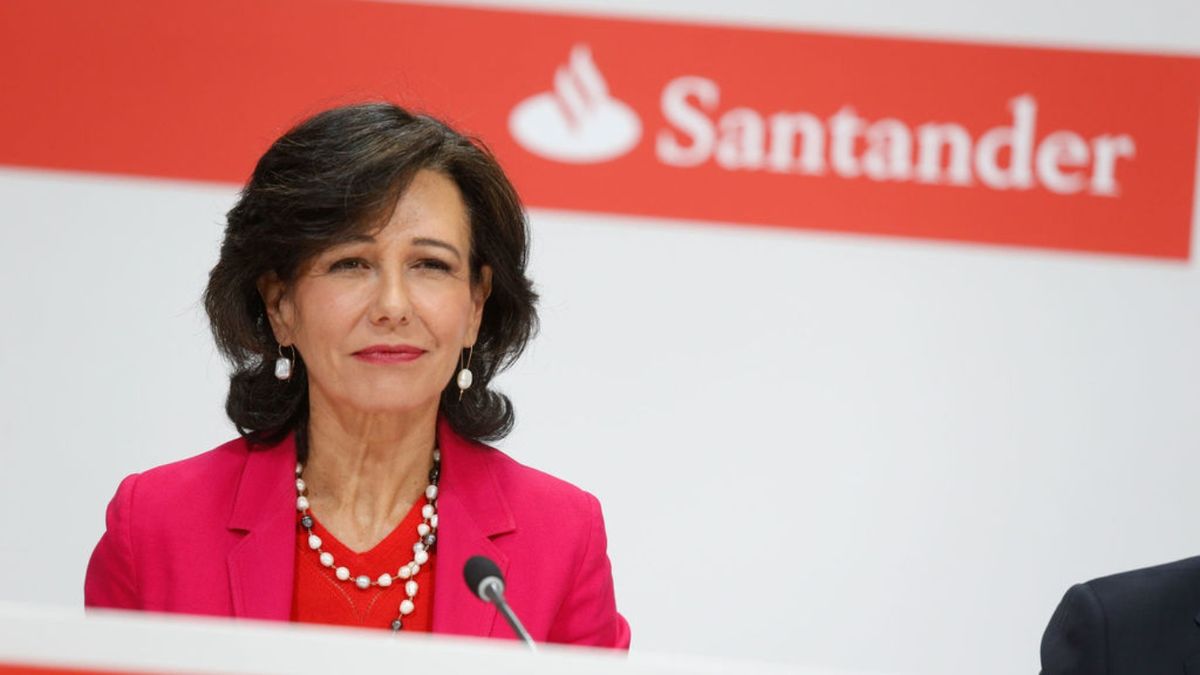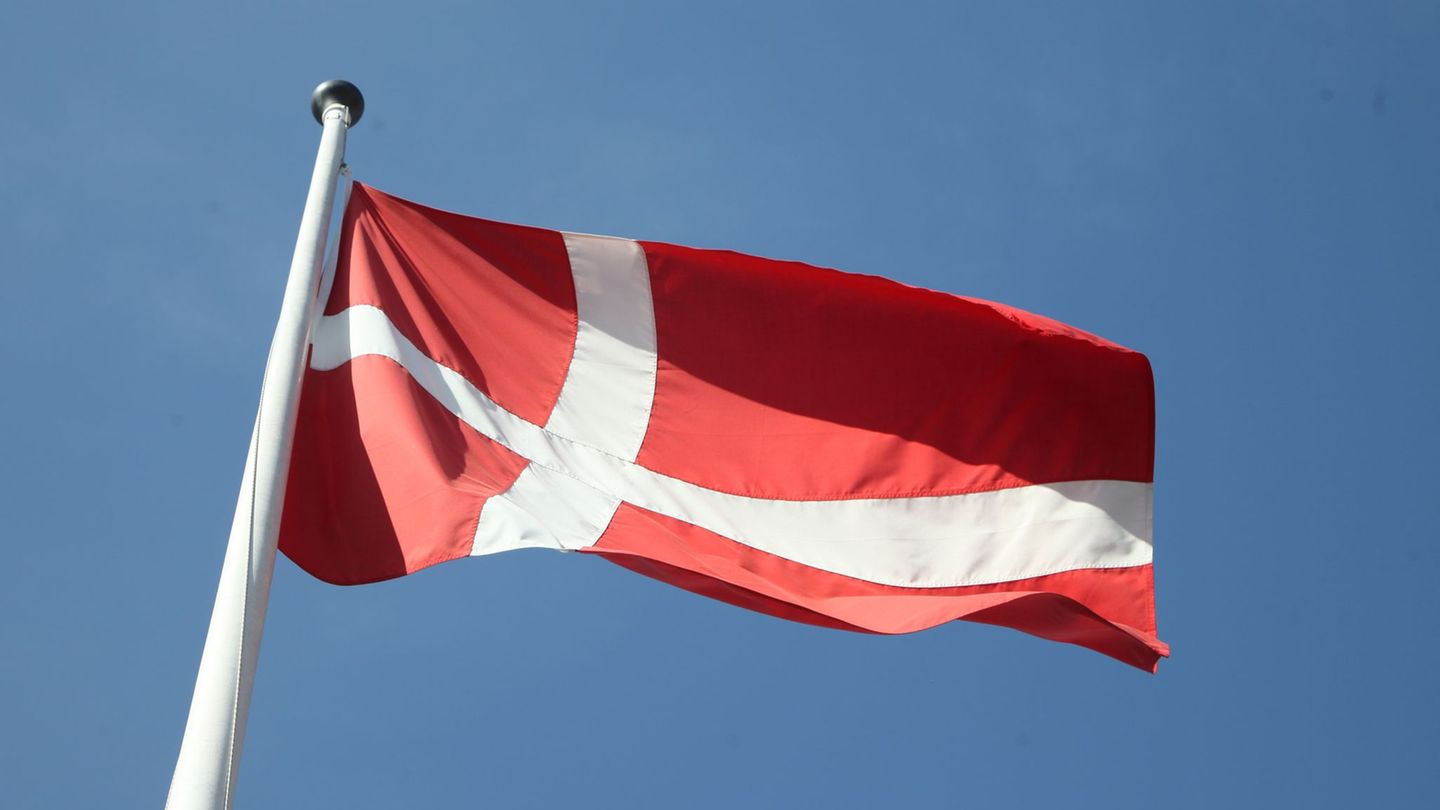The bank chaired by Ana Botín is ranked 18th among financial entities that provide monetary flows to companies that have contributed to deforestation, with a total of US$9.5 billion.
He Santander Bank was highlighted in a recent report for its implication in the financing of companies that contribute to deforestation in the Brazilian Amazon. According to a study by the Institute for Innovation and Public Purpose (IIPP) at University College London and the Global Systems Institute (GSI) at the University of Exeter, the bank chaired by Ana Botín It ranks 18th among the financial entities that provide monetary flows to these companies, with a total of US$9.5 billion, which represents 2.1% of the global total allocated to deforestation.
The content you want to access is exclusive to subscribers.
The research titled “Interactions of the financial system with the turning points of ecosystems” detected that 39 companies dedicated to the production of soy, beef, palm oil and wood pulp for export are potentially linked to more than 300,000 hectares of deforestation in the Brazilian Amazon and with more than 2 million hectares of agricultural plantations in Indonesian peatlands.


In this framework, the report highlights that in order for large companies to advance with deforestation in key areas for the world’s ecosystem, they need funds and that is where big-name banks like Santander come in, contributing the millions of dollars necessary to boost the deforestation plans. these big companies.
The report highlights that among the companies linked to Banco Santander is Engelhart, which is dedicated to the trade of raw materials and is attributed with deforestation of 432 hectares. According to calculations, Santander financed this company with approximately US$793 million. The list includes meat multinationals that are associated with the deforestation of more than 60,000 hectares.
Despite these figures, Banco Santander maintains that it has a strict policy against deforestation. Even in its official communications it claims to be working to protect the Amazon rainforest and that it carries out daily reviews on deforestation on the farms to which it grants loans. However, when consulted by the Spanish press, he did not want to make specific comments on this lapidary report.
According to various estimates, the annual economic losses attributable to deforestation and land degradation range between US$1,660 and US$3,800 million. This impact has intensified in recent years, with the loss of approximately 12 million hectares of tropical vegetation in 2018 alone.
the-deforestation-of-the-amazon-is-warming-the-terrestrial-surface-770×431.jpg

At an environmental level, deforestation contributes to almost 20% of global greenhouse gas (GHG) emissions, exacerbating climate change and its associated economic effects. Removing forests not only reduces the planet’s capacity to absorb CO2, but also disrupts water cycles, causes soil erosion and decreases biodiversity, which can negatively affect agricultural productivity and water resources2.
From an economic perspective, it is estimated that if current trends continue, Environmental degradation could result in a cumulative loss of $9.9 trillion by 2050. In particular, it is predicted that the United States could lose $83 billion annually due to the continued destruction of natural assets. This could lead to an increase in prices for commodities such as lumber and food, especially impacting emerging markets in Africa, Asia and Latin America.
Source: Ambito
I am Pierce Boyd, a driven and ambitious professional working in the news industry. I have been writing for 24 Hours Worlds for over five years, specializing in sports section coverage. During my tenure at the publication, I have built an impressive portfolio of articles that has earned me a reputation as an experienced journalist and content creator.




